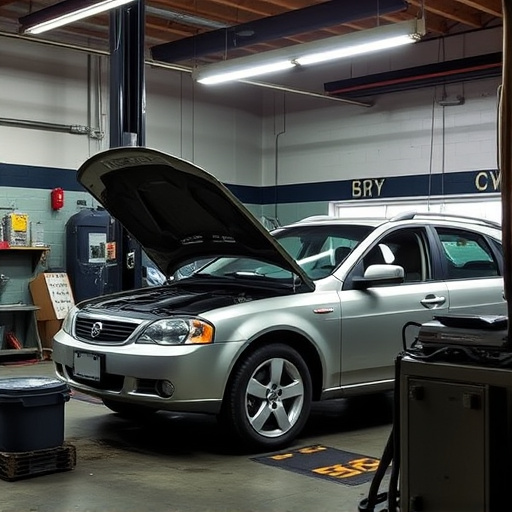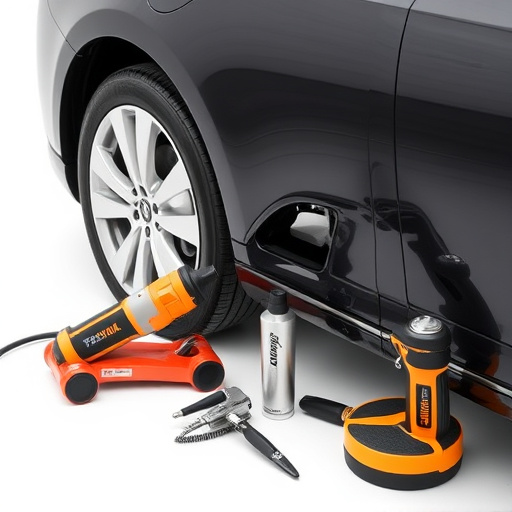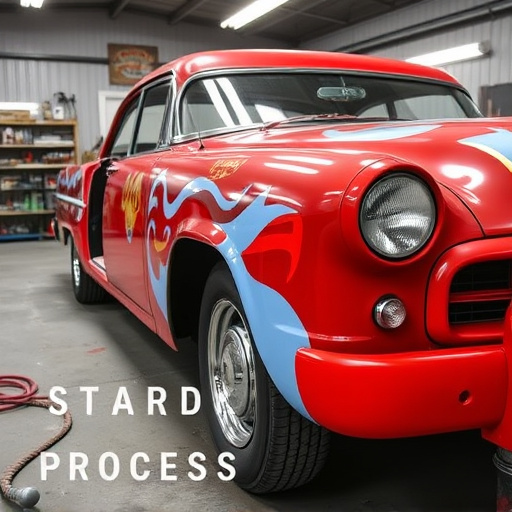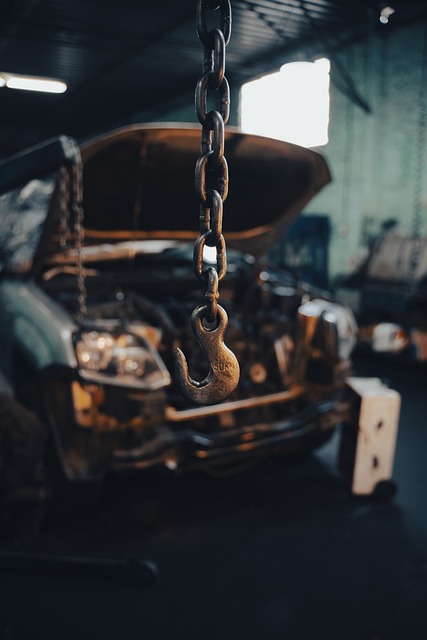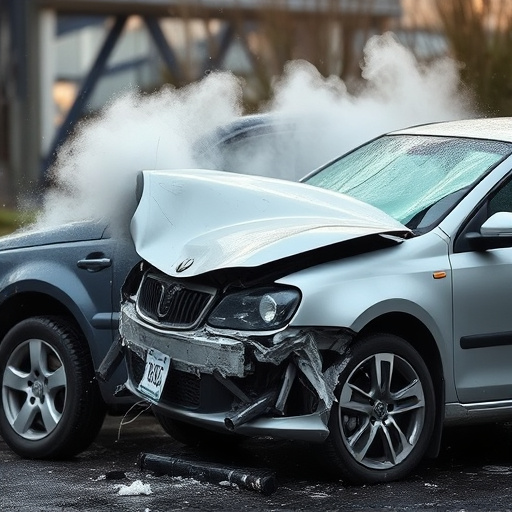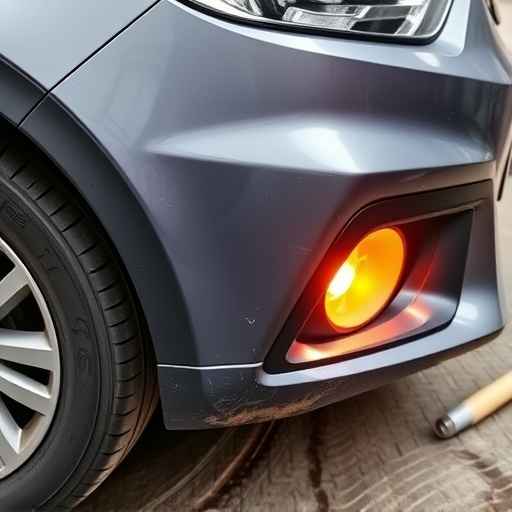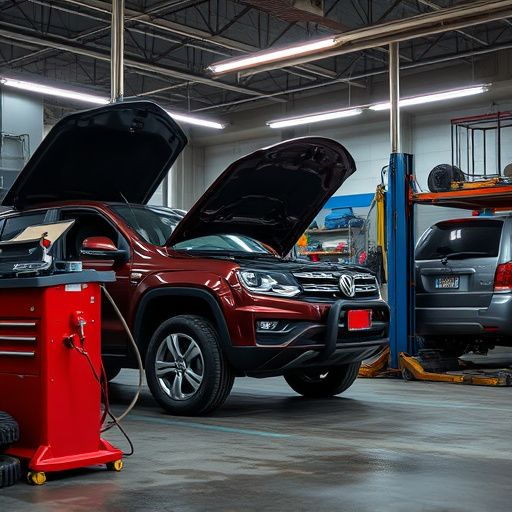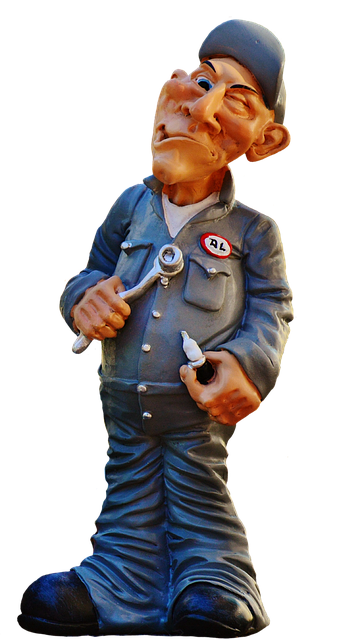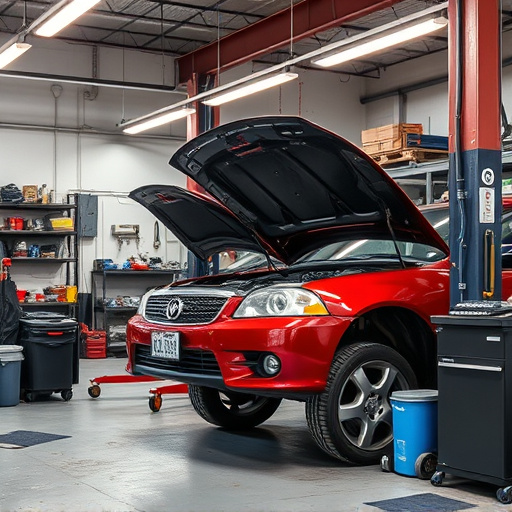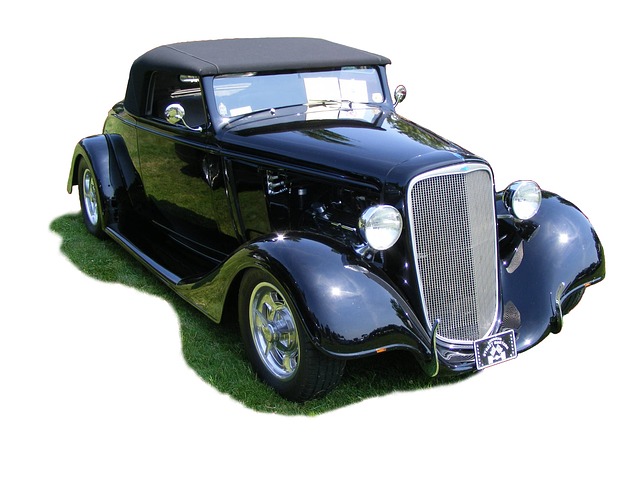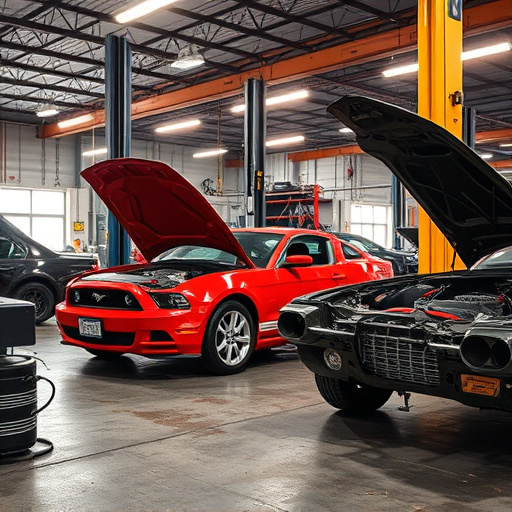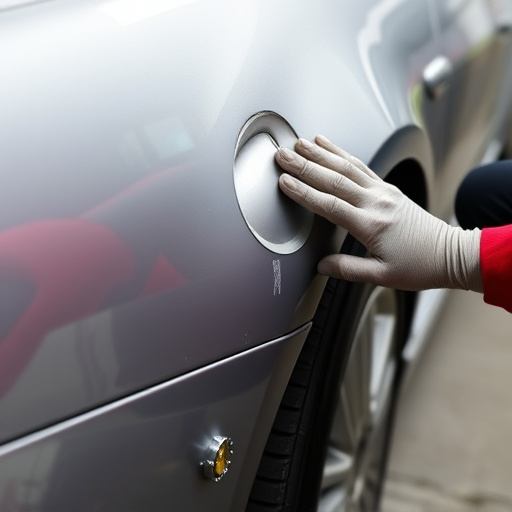Auto shops discourage aftermarket auto glass due to quality and safety concerns, including lack of rigorous testing, poor fitment, structural weaknesses, and potential risks during collisions. They prioritize customer safety and vehicle longevity by recommending original equipment (OEM) glass, which undergoes stringent standards for impact resistance and performance. Alternatives include custom-fit options from reputable repair services that meet modern vehicle safety features, ensuring enhanced structural integrity and aesthetic appeal.
When your auto shop recommends against using aftermarket glass, it’s not always about cost. They have valid concerns regarding safety and quality that could impact your vehicle’s performance and your well-being. This article delves into the reasons behind these recommendations, while also exploring custom solutions tailored to your vehicle. Understanding these factors can help you make informed choices for your aftermarket auto glass needs.
- Understanding Auto Shop Concerns About Aftermarket Glass
- Safety and Quality: Key Factors Behind Their Recommendations
- Exploring Alternatives: Custom Solutions for Your Vehicle
Understanding Auto Shop Concerns About Aftermarket Glass
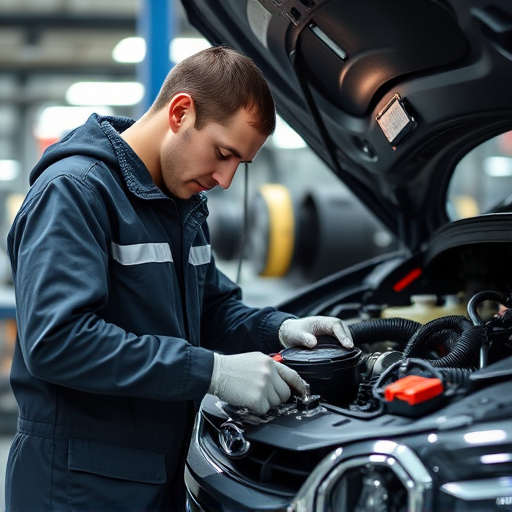
Auto shops often have valid concerns when recommending against aftermarket auto glass. While aftermarket glass can be cheaper and more readily available, it may not meet the same quality standards as original equipment manufacturer (OEM) glass. Aftermarket glass is typically produced in large quantities and might lack the rigorous testing and safety certifications that OEM glass undergoes. This inconsistency can lead to potential issues with fit, performance, and safety during a collision.
Moreover, auto shops are experts in ensuring proper alignment, fit, and functionality of all car parts, including windows and windshields. Aftermarket glass may not be installed correctly or might not match the precision of OEM glass, leading to problems like poor sealing, water leaks, or even structural weaknesses. Therefore, when an auto shop suggests using original equipment glass, it’s often because they prioritize customer safety and want to provide high-quality automotive repair services, including auto body services, that stand the test of time.
Safety and Quality: Key Factors Behind Their Recommendations
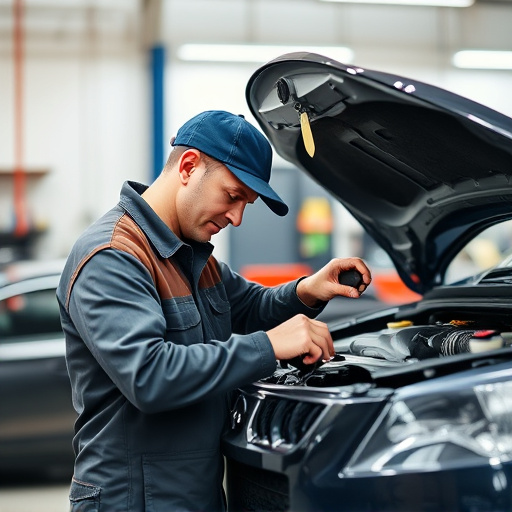
When auto shops recommend against aftermarket auto glass, it’s primarily due to safety and quality concerns. Aftermarket glass products, while often more affordable than original equipment manufacturer (OEM) glass, may not meet the same rigorous safety standards set by vehicle manufacturers. These standards ensure that the glass not only withstands impact but also breaks in a controlled manner, minimizing the risk of injury. Aftermarket glass might use different materials or manufacturing processes, leading to potential weaknesses and inconsistent performance during accidents.
Furthermore, using aftermarket glass can compromise the structural integrity of a vehicle’s body, especially when it comes to vehicle paint repair or car dent repair scenarios. While some aftermarkets offer basic repairs like paintless dent repair, they often lack the precision and durability required for complex jobs. Auto shops prioritize customer safety and vehicle longevity, which is why they advocate for using OEM glass. It guarantees that every part of your vehicle, from its structure to its aesthetics, is restored to its highest potential, ensuring both functionality and reliability.
Exploring Alternatives: Custom Solutions for Your Vehicle
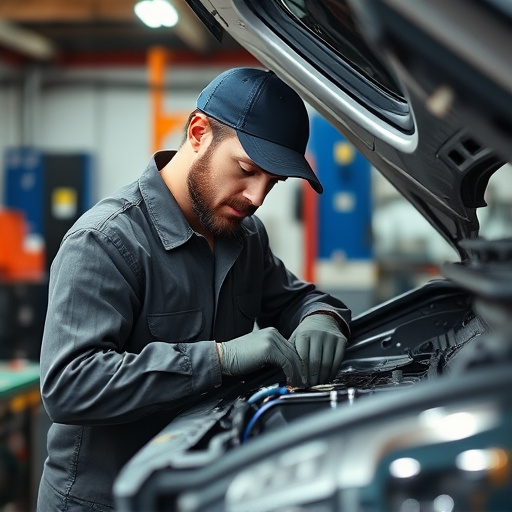
When auto shops recommend against aftermarket auto glass, it’s understandable to feel uncertain about your vehicle’s safety and performance. However, exploring alternatives can offer custom solutions tailored to your specific needs and budget. Many modern vehicles come with advanced safety features integrated into their windshields and windows, designed to protect occupants in the event of a collision. Aftermarket glass, while often more affordable, may not meet these same safety standards.
Instead of settling for inferior quality, consider working closely with reputable car repair services or automotive repair specialists. They can guide you towards high-quality, custom-fit solutions that enhance your vehicle’s safety and structural integrity without compromising aesthetics. By understanding the unique requirements of your make and model, these experts can recommend options that not only meet but exceed original equipment manufacturer (OEM) specifications, ensuring a seamless fit and reliable performance for years to come.
When auto shops recommend against aftermarket auto glass, it’s often due to concerns over safety and quality. However, this doesn’t mean that aftermarket glass is always inferior; it simply requires a deeper understanding of your vehicle’s specific needs. By exploring custom solutions tailored for your vehicle, you can find high-quality alternatives that meet both safety standards and your unique driving requirements.
